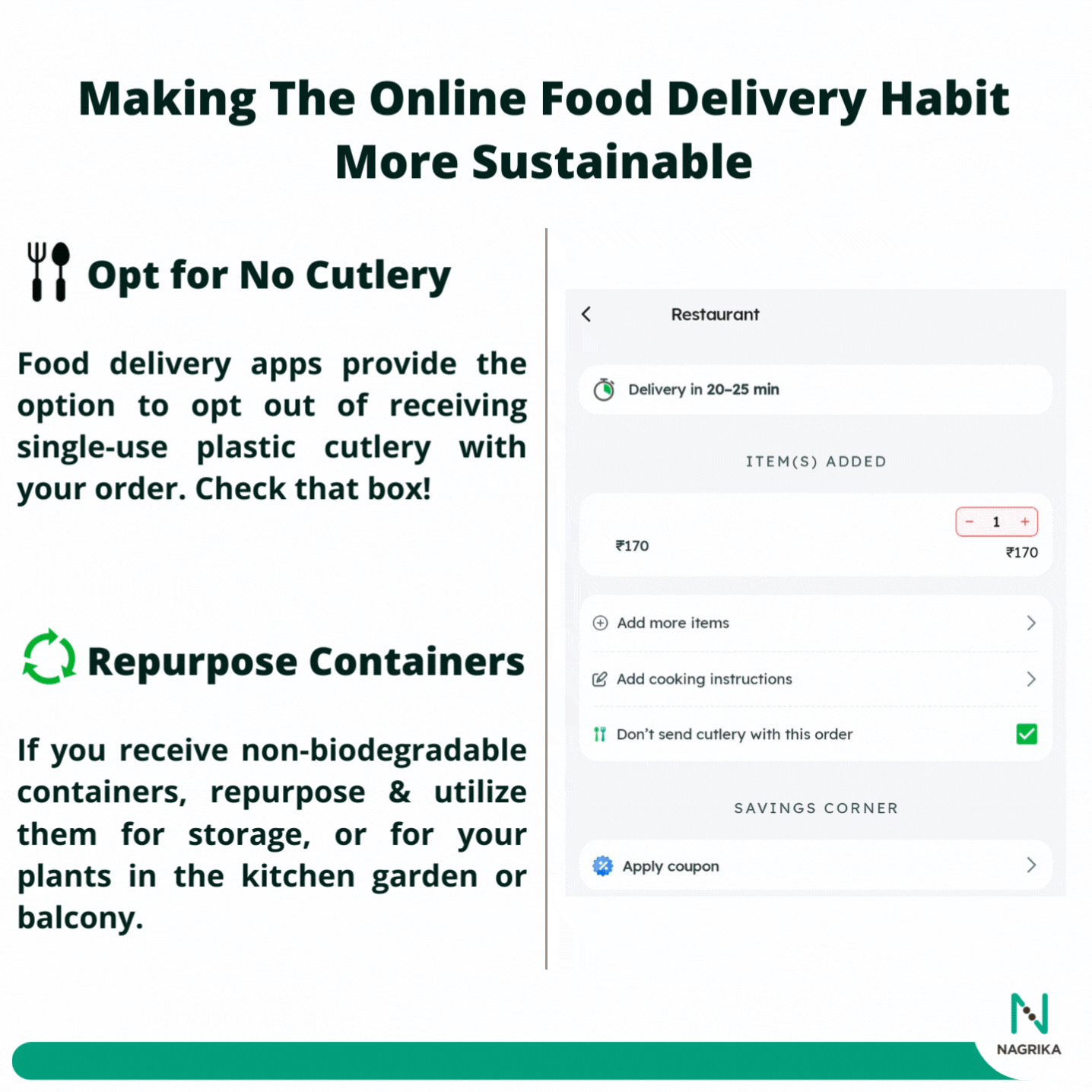Fast Food Frenzy: The spread of Quick Service Restaurants
/The spread of global and regional Quick Service Restaurants (QSRs) into smaller cities is transforming India’s food landscape. India’s first food chain, Nirula's began its journey in Delhi but has now created a mark on cities like Mohali, Kanpur, and Indore. Domino's is actively targeting smaller markets by setting up 1/3rd of the 250 new stores in cities like Latur and Chengalpattu.
The untapped potential and low rental costs in Tier 2 and 3 cities, along with people’s changing lifestyles, have caught the attention of QSRs. By providing dining services and speedy deliveries, QSRs are recognizing the growing need for convenient and hygienic options by marketing themselves as affordable for the young middle class.
The expanding frontiers of globalized fast foods are also changing how people view smaller cities. Nagpur’s 1st McDonald's outlet in 2019 had caused a frenzy and was perceived as a gateway into a globalized world. With growing time constraints, stressful urban lives and the convenience presented by QSRs, such a globalized lifestyle has altered people’s diets.
Public health experts flag the surge of fast food as one of the leading factors of rising obesity and diabetes. A study on India’s urban centers found that the adult diabetic population of about 3% in the early 1970s jumped to 11.2% in 2017! This demographic is projected to be 134.3 million by 2045, as per the International Diabetes Federation. QSR giants like McDonald's have also come under fire in the past by the FSSAI for violating advertising regulations and undermining healthy lifestyle choices.
Kochi’s contractual workers have claimed that around 90% of the city’s plastic waste comes from food delivery. The Kerala government is now considering the implementation of Extended Producer Responsibility costs. While smaller cities present an opportunity to flourish, QSRs have to deal with the complexities of lower profit margins, product limitations, and sustainability. For citizens, the challenge lies in balancing their global aspirations with their health & well-being.
What changes have you noticed in your city with the increased proliferation of QSRs?





